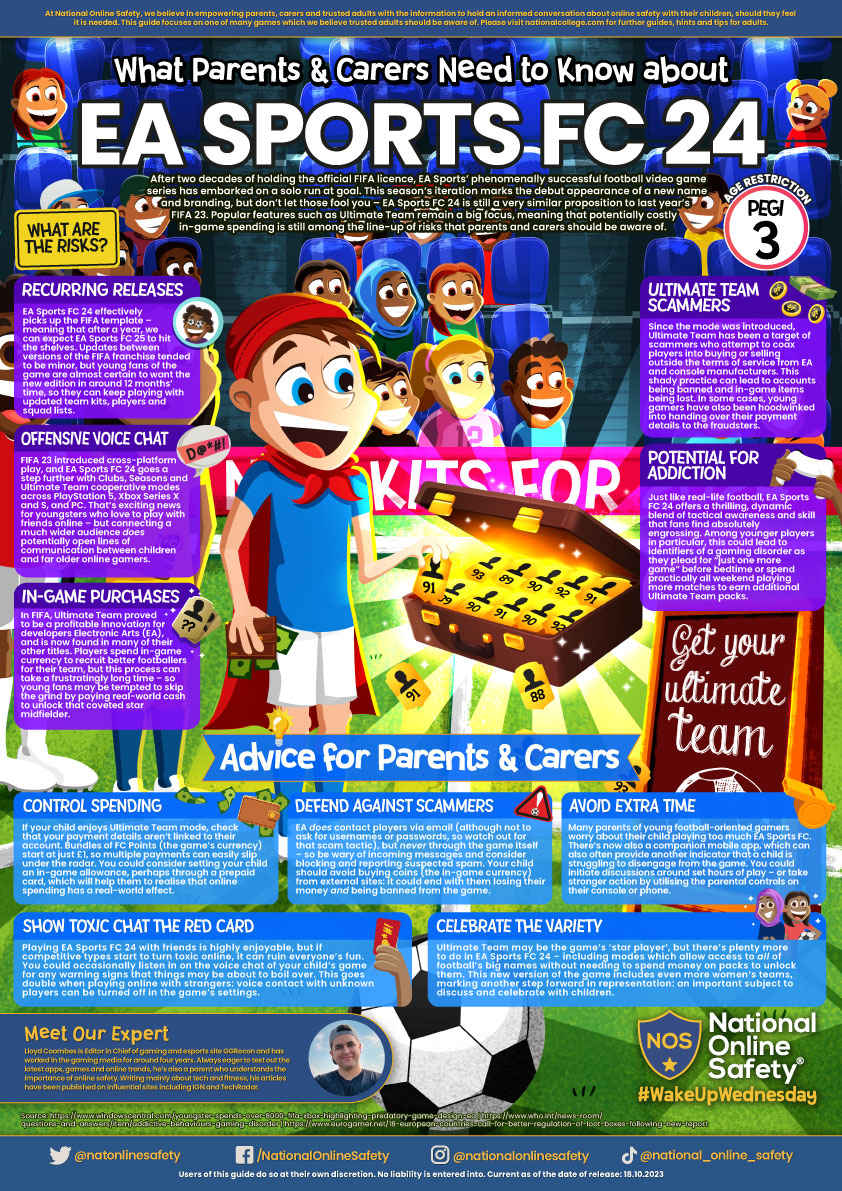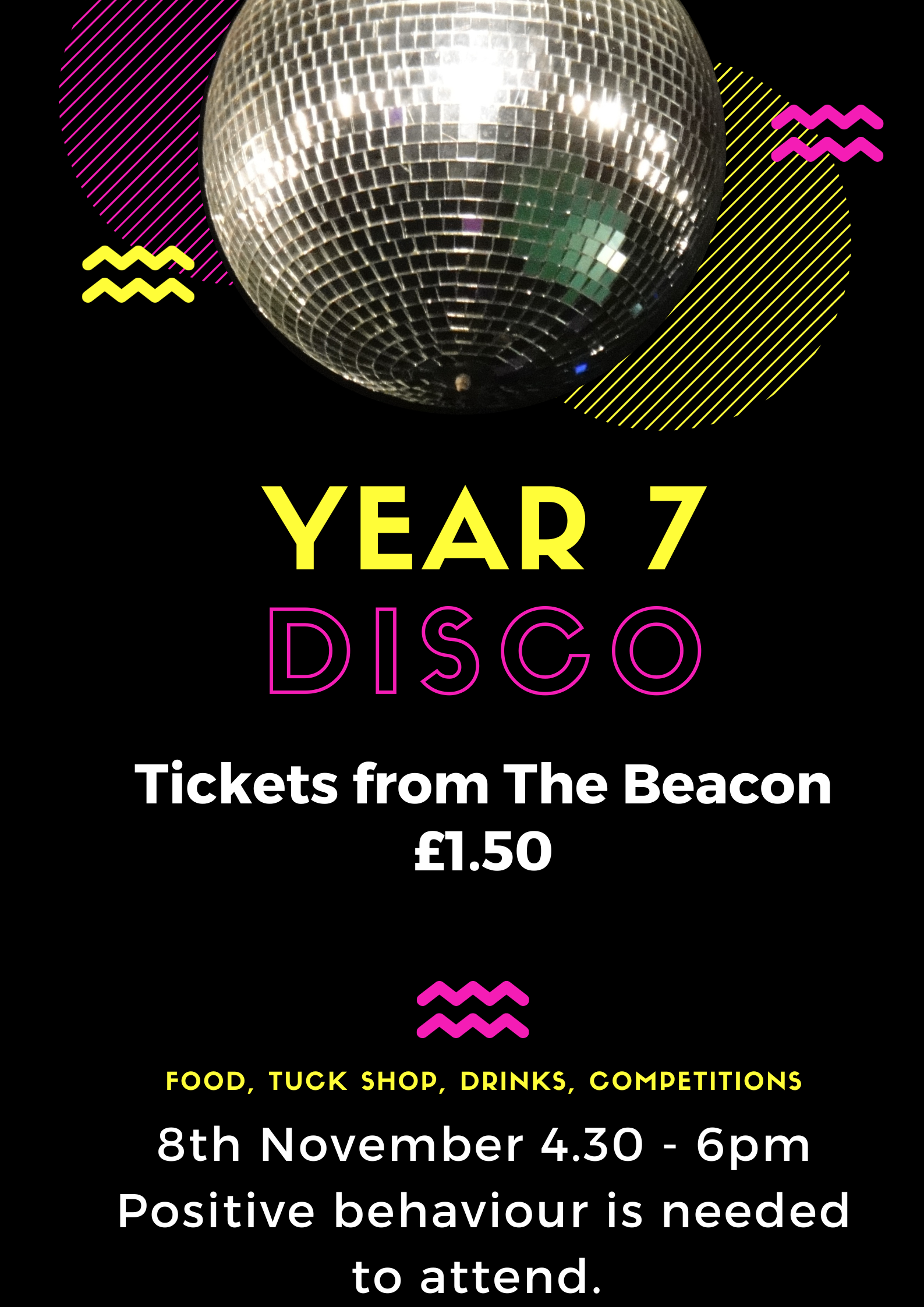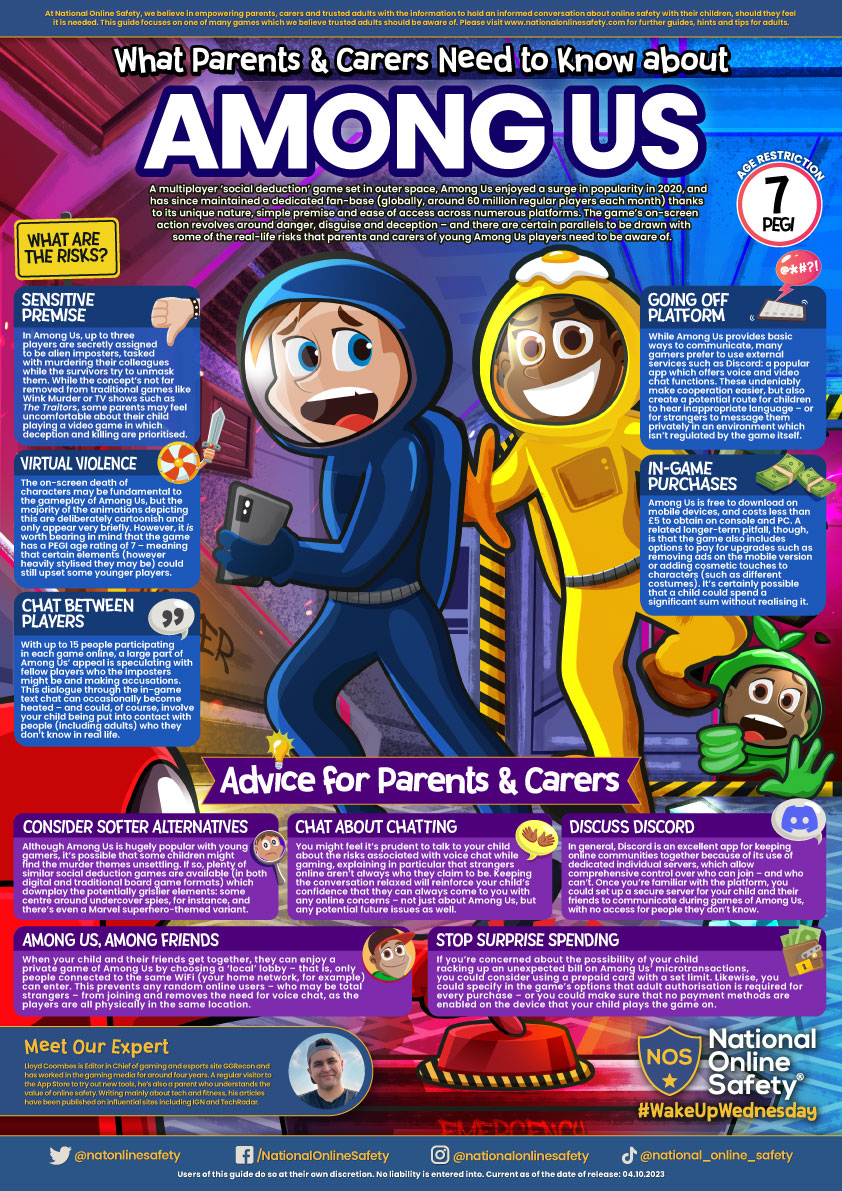Local Labour market Information update
When thinking about potential employment for the future, it is a great idea to stay up to date with what we refer to as local labour market information.
Please find a recent update below.

Local Labour market Information update
When thinking about potential employment for the future, it is a great idea to stay up to date with what we refer to as local labour market information.
Please find a recent update below.
What’s the most prolific partnership in recent football history? Son and Kane? Ronaldo and Benzema? How about EA and FIFA? Their collaboration produced the most popular sports video game series of all time, with 325 million copies sold worldwide.
EA Sports FC 24 – the makers’ new solo offering – now hopes to emulate FIFA’s legendary success. While it’s almost certain to hit the back of the net in commercial terms, does it keep a clean sheet against FIFA’s traditional online safety risks? Find out in today’s #WakeUpWednesday guide.

We got all of Year 9 who were in school on the 16th October completing the 30 compressions and some brave people doing the two breaths as part of their CPR (Cardio-Pulmonary Resuscitation) training. We also looked at how the recovery position is performed. We also talked about why this is so important, 80% of all cardiac arrests happen in the home. This year’s campaign is focusing on defibrillation awareness and access to this life saving device. So a video linked to this was also shown in tutor time. Well done Year 9.

Money raised is for the New York trip

A few snapshot of Hello Yellow today!
All staff and students wore yellow to raise awareness of Children’s mental health. Thank you Mrs Freeman for organising this great event.



Among Us: fairly safe, or pretty suspicious? This scenario of spaceship crew members cooperating to complete tasks and uncover murderous alien imposters has garnered a sizeable and committed following with younger gamer.
Though Among Us is presented in a (mainly) sanitised visual style, any children’s game which essentially foregrounds the concepts of deceit, betrayal and killing is always likely to cause some concerns. This week’s #WakeUpWednesday guide gets among it with Among Us.
‘Hello Yellow’ day. Next week Tuesday 10th October. It will be a non uniform day but we want to see as much yellow as possible.
It is to raise awareness and money for young people’s mental health with Young Minds. There is a recommended donation of £1 to raise money for young people’s mental health. 
On this website we use first or third-party tools that store small files (cookie) on your device. Cookies are normally used to allow the site to run properly (technical cookies), to generate navigation usage reports (statistics cookies) and to suitable advertise our services/products (profiling cookies). We can directly use technical cookies, but you have the right to choose whether or not to enable statistical and profiling cookies. Enabling these cookies, you help us to offer you a better experience.